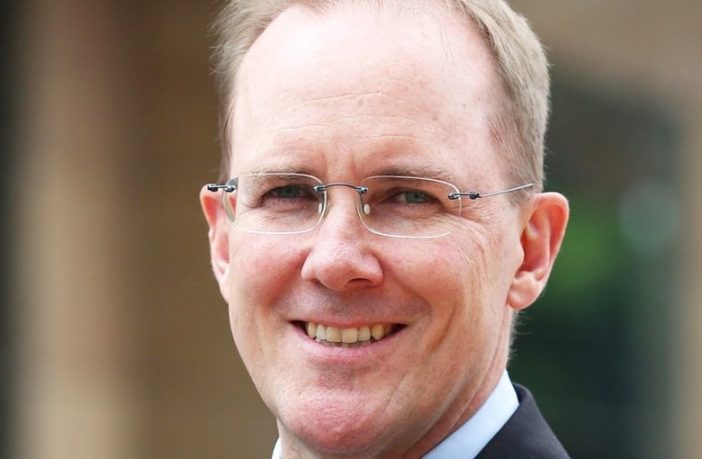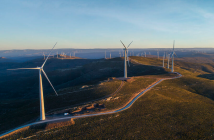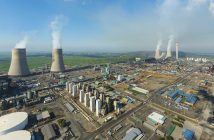- Mozambique should lever regional markets to capitalize on its substantial gas resources and grow local industries – this was the key theme from Keith Webb’s, Head: Midstream Oil and Gas Infrastructure at RMB, in his presentation at the 8th Mozambique Mining, Oil & Gas and Energy Conference.
He emphasized that the time is ripe to expand the investment into the country’s gas and energy industry.
“We know that developing the gas fields in northern Mozambique requires substantial external capital which relies on contracted export of the Liquified Natural Gas (LNG) to established customers for bankability,” says Webb. However, the expected c. $100bn investment will result in substantial improvements in road, port, water and electricity infrastructure in the region, which needs to be leveraged to the benefit of all residents.
“In addition, the Government needs to coordinate the plan for social infrastructure and human capital development in addition to ongoing industrial development in the region. Concurrently, secondary industries such as fertiliser production would be ideal to develop as they require cost effective gas to be competitive and have a major developmental impact,” he adds.
The local use case
Webb says: “Mozambique should lever regional users of gas to help create economies of scale for local use as well. The substantial capital investment in gas pipeline infrastructure, liquefaction, shipping and re-gasification infrastructure requires economies of scale to be viable for all users.”
Ducla Dos Santos, Acting Head of Resources at FNB Mozambique says: ” While the demand for gas locally may be limited initially, economies of scale can be achieved through taking advantage of existing pipeline networks to provide to pent-up gas demand in the region. To be successful, there will also need to be investment in distribution networks and conversion from other sources of energy”.
The focus on gas is an important one at this time. Gas is an ideal source of reliable energy for balancing regional renewable energy networks which can similarly benefit the Mozambican economy. Mozambique provides substantial hydro power into the mix (Cahora Bassa and in future Mphanda Nkuwa) which enabled the aluminium industry historically, while the Southern African Power pool is dominated by coal power (Eskom).
The renewables industry is growing rapidly which requires mid-merit and peaking gas-power for stabilization. Therefore, gas power is needed to balance the local and regional power grid and Mozambique has the ability to leverage its gas resources to provide this service. However, this needs sufficient scale and bankability in order for the investment to pay off.
Gas as an enabler of a ‘just transition’
Finally, gas might be Mozambique’s key ingredient in achieving its energy transition goals. Webb says: “Gas power generator technologies are very flexible and can typically be started up quickly – which makes them ideal to balance variable power generation from renewable solar and wind power. As such gas power generation can form a powerful enabler of the renewable energy transition. In addition, gas (particularly LNG) as a fuel, results in a cleaner burn – far cleaner than coal or diesel. They are also very efficient which means more electricity for less carbon-dioxide emitted. In a ‘closed-cycle’ format, gas turbines can be even more efficient as a baseload power supply to replace coal-fired power.”
Ultimately, the successful investment into and growth of the gas market in Mozambique requires targeted investment and a bank that takes the nuances of the country, context and development goals into account. RMB, in partnership with FNB, is proud to have worked on similar transactions in the region, and, along with our trusted local partners, is able to provide ongoing insight and deals structured according to the needs of our clients and the industry’s wider needs.
Author: Bryan Groenendaal











